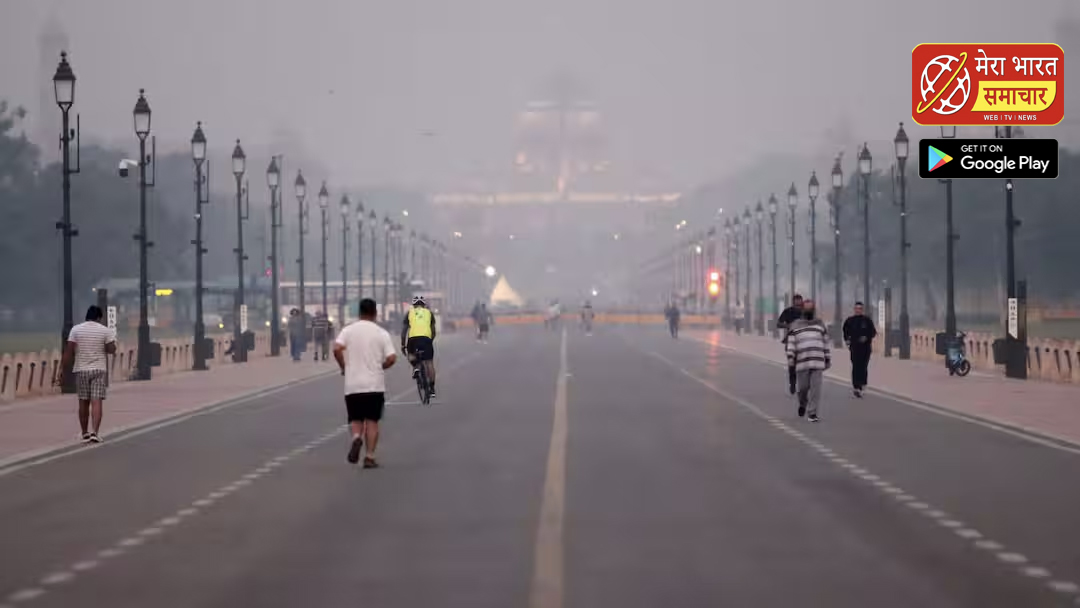Islamabad is learning the hard way that its hostility toward India could backfire. A new report from Sydney has revealed a harsh truth that’s keeping Pakistani generals awake at night: Pakistan’s survival depends entirely on India’s mercy.
The Report That Shattered Pakistan’s Illusions
Australia’s Institute for Economics and Peace (IEP), one of the world’s most respected think tanks, just dropped a bombshell in its ‘Ecological Threat Report 2025’ that has sent shockwaves through Islamabad. The finding is stark and terrifying for Pakistan: India now possesses the technical capability to alter the flow of the Indus Riverand Pakistan is powerless to stop it.
This isn’t just another academic study. This is a death sentence hanging over Pakistan’s head, and India holds the rope.
The crisis couldn’t come at a worse time for Islamabad. Following the horrific Pahalgam terror attack that killed 26 innocent people, India launched Operation Sindoor, devastating multiple terrorist camps inside Pakistan, and suspended the 1960 Indus Waters Treaty that had guaranteed Pakistan’s water supply for over six decades.
80% Of Pakistan’s Agriculture Depends On India’s Goodwill
Here’s the nightmare scenario keeping Islamabad in panic mode: 80% of Pakistan’s agricultural land depends entirely on water from the Indus River system. Not 50%. Not 60%. Eighty percent. And that water flows from India.
Pakistan’s densely populated plains, where millions survive on farming, are completely dependent on rivers that India can now control without violating any agreement, because Pakistan’s terrorism forced India to suspend the treaty.
The IEP report makes Pakistan’s vulnerability crystal clear: the country has storage capacity for just 30 days of water. Thirty days. That’s it. Any disruption to the river flow, and Pakistan faces immediate, catastrophic water shortages that could trigger famines, economic collapse, and mass migration.
India Doesn’t Even Need To Block The Water Completely
Here’s what makes this weapon so devastating: India doesn’t need to completely stop the water flow to bring Pakistan to its knees. The Australian report reveals that minor adjustments to dam operations during critical periods, like summer, could devastate Pakistan’s agricultural heartland.
Think about that. India doesn’t need to declare war. Doesn’t need to fire missiles. Doesn’t need to send troops across the border. Just turn a few valves on dam gates during peak agricultural season, and Pakistan’s economy starts crumbling.
The report detailed how this situation has already begun unfolding. After India suspended the Indus Waters Treaty, it released water from the Chenab River without consulting Pakistan. Initially, parts of the river ran completely dry, but when India later opened the gates, a surge of silt-filled, turbulent water rushed downstream, wreaking havoc as Pakistan watched helplessly.
India’s Dams: The Ultimate Strategic Leverage
The IEP report clarifies that India’s dams on western rivers aren’t massive storage facilities, they’re run-of-the-river projects that can’t permanently block water flow. But here’s Pakistan’s nightmare: India controls when the gates open and close. India decides the timing of water releases. India holds all the cards.
Under the 1960 agreement, India had committed to sharing waters from the western rivers, Indus, Jhelum, and Chenab, with Pakistan while maintaining control over eastern rivers including Beas, Ravi, and Sutlej. But with the treaty suspended, those commitments no longer bind India.
Pakistan Walked Into India’s Trap
Pakistan spent decades using terrorism as a weapon against India, believing Islamabad held the advantage through its nuclear arsenal and jihadi proxies. What Pakistani strategists fatally miscalculated was India’s long-term investment in water infrastructure.
India built dams. India developed hydroelectric projects. India created the technical capability to regulate river flows. And Pakistan, drunk on its terrorism strategy, never realized it was handing India the ultimate non-military weapon.
Now, after Operation Sindoor and the Indus Waters Treaty suspension, Pakistan faces a brutal reality: India can strangle Pakistan’s economy without firing a shot, and there’s absolutely nothing Islamabad can do about it.
The Australian report isn’t just an analysis; it’s Pakistan’s obituary, written in water that India controls. And the tap is in New Delhi’s hands.












